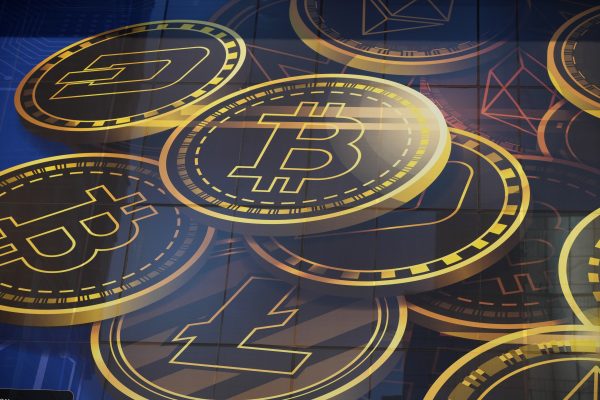The incorporation of governance into decentralized protocols is contentious. Governance entails rules, hierarchies, and control, which can be opposed to the concept of decentralization. Contrary to popular belief, history appears to have demonstrated that organizations without rules are unsustainable.
At the moment, DeFi (decentralized finance) projects and platforms are addressing this issue in two ways: they are either building a DAO (decentralized autonomous organization) or simply minimizing governance. Governance minimization is inappropriate for most platforms. Building a single immutable smart contract that never changes via a governance mechanism makes it fragile because the underlying contract can never be fixed if problems arise. There is no such thing as a perfect project or product from the start, and you will never be able to adapt to the operating environment or economic context.
For a product to have a long life, it must be capable of adapting. This holds true for evolution and natural selection as well as systems technologies in a Web 3 environment. The question then becomes how to reach a modification consensus in the absence of a centralized point. Decentralized governance is required for this – a new way to scale human coordination in a trustless manner.
Hacking governance involvement
Even the most successful protocols struggle to reach a quorum for some basic decisions when voter turnout is less than 5%. Furthermore, it disproves the claim of decentralization with such a low level of participation, because one large but minority holder can direct all decisions. Why would any skilled contributor want to take the initiative in this situation? The mechanisms that will allow decentralized protocols to be sustainable are simply not ready. Raising participation will be one of the most difficult challenges in making DeFi a long-lasting industry.
Paladin was created to expedite this process. Users can borrow temporary influence or lend the voting power of their governance tokens (or derivatives) using its decentralized governance lending protocol.
Paladin introduces a liquid democracy module, which allows more people to gain influence with less friction and more flexibility. This dapp is the foundation of an ecosystem aimed at transforming speculators into governors. Crypto does not require more investors; rather, it requires more contributors.
Convening the governers
Users can deposit, borrow, and manage governance tokens through Paladin’s products, thereby creating markets for influence and voting rights throughout the Aave and Curve ecosystems.
These influence markets’ value will be redirected to locked PAL and utilized to incentivize governance activity. Exponentially rewarding aligned stakeholders while providing the protocol with more information about its stakeholders’ current alignment will allow the DAO to tailor its monetary policy to their wishes. Creating certainty – of liquidity, stability, and participation – will significantly contribute to the long-term viability of the DeFi ecosystem, individual projects, and Paladin itself.
Increasing these levels of governance participation will take time. Paladin is developing a contributor-centric protocol by increasing the value of governance participation. This will add long-term value to the crypto market by assisting in the development of projects that can scale, respond to change, and energize user participation.













